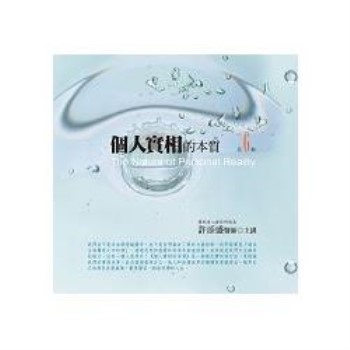Water is very important for the existence of living things. Several studies have found that clean water laden with toxic chemical (heavy metals, pharmaceuticals, microplastics, pesticide residues, and perfluorooctanoic acid), radiological (radioactive elements such as uranium, cesium, and plutonium), and microbiological (bacteria, viruses, and protozoa) contaminants through unintentional and intentional means can be detrimental to living things when consumed. These contaminants could occur via anthropogenic or natural activities. Therefore, to prevent pollution and to limit the presence of conventional and emerging contaminants in various sources of water, it is imperative to devise water adaptive strategies to remediate water pollution in varied water sources, especially for climate-related pollution triggers, and to conduct routine water quality monitoring, assessment, and security evaluation to determine its useability (suitability) and associated health risks. This Special Issue welcomed original research, review articles, perspective articles, mini-reviews, opinions, and short communications describing recent findings on water quality, security, and risk assessment on a global scale.












